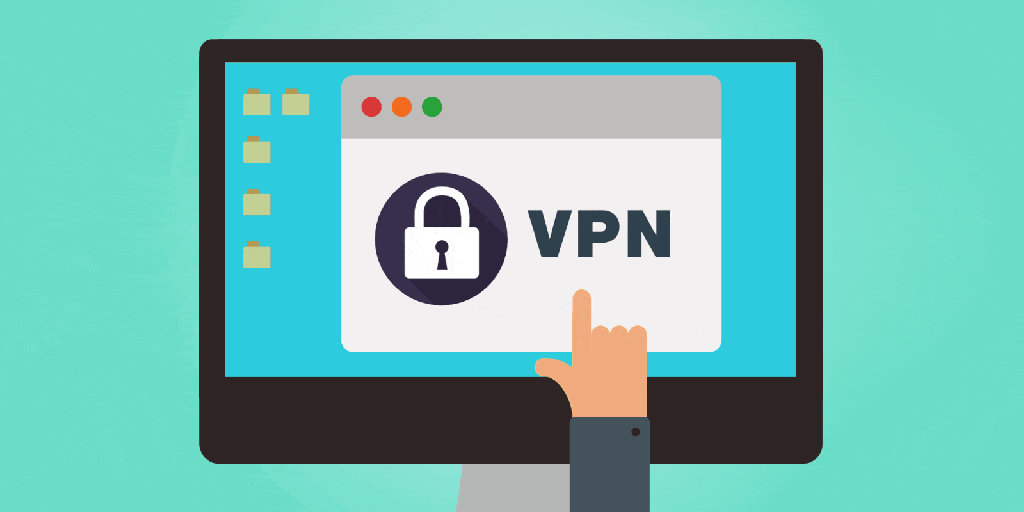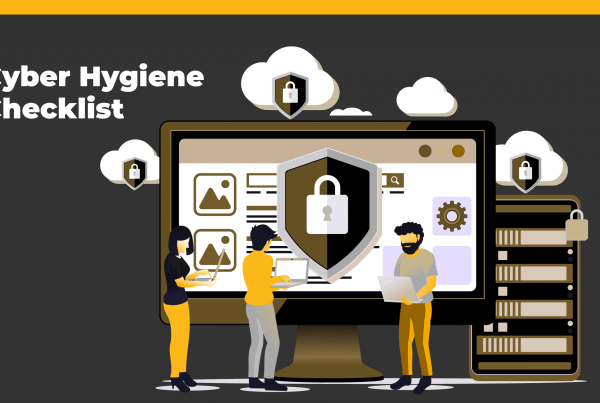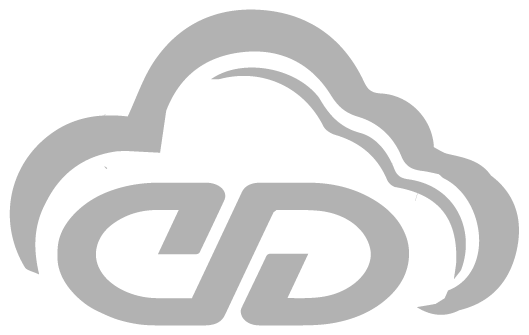Introduction
The internet is an essential part of our lives. But it can be scary, too, especially with all the cybercrime and surveillance going on. A virtual private network (VPN) protects your data while you’re online, but more importantly it helps protect your privacy. Here are 9 reasons why you need a VPN:

1. Secure your browsing and prevent snooping
VPNs can be a lifesaver when it comes to protecting your privacy. They encrypt your traffic and route it through an intermediary server, so that your ISP or any other prying eyes can’t see what you’re doing online. You can even use a VPN to protect yourself from hackers, phishing attacks, spoofing, and MITM (man-in-the-middle) attacks by using different types of encryption.
2. Prevent websites from tracking your location
Location tracking is a big deal. It’s not just the government that can use it to track your movements, but anyone else who has access to the data. Let’s say you’re using the internet at a cafe and decide to peruse Instagram while waiting for your coffee—the café owner could see what websites are popular among customers and tailor their ads accordingly.
But there’s an easy way to prevent this kind of location tracking: use an encrypted virtual private network (VPN). A VPN makes it impossible for websites or online marketers to see where you are connecting from, as it routes all traffic through another server first before sending it on its way. To test if this is working, visit ipleak.net—it will tell you if any website has tracked your IP address (which identifies where you’re connected from).
3. Hide your activity from your Internet Service Provider(ISP)
The good news is that you can use a VPN to protect yourself from your ISP. Your ISP can track your activity, sell it to third parties, throttle your connection speed, restrict access to websites and monitor your activity.
However if you use a VPN service then all of these actions will be hidden from them as they won’t be able to identify what’s going on in the background when you’re connected with one of their servers because encryption keeps everything hidden behind an additional layer of security which means nobody except those who have access via private key or password can see what’s being transferred over there either!
4. Reduced online censorship
If you’re looking to avoid censorship, a VPN is a good choice. With a VPN, you can access blocked websites and apps by connecting to the internet via another country. For example, if Twitter is blocked in your country because of government censorship rules or other reasons, you’ll be able to access it if you use a VPN connection that’s routed through another country. Of course, this is not foolproof—you may find yourself unable to access certain pages on social media sites due to their content filters (and not because they’re actually blocked). Still, this method can help you get around some restrictions with relative ease
5. Connect to Wi-Fi safely and anonymously
You can use a VPN to connect to a public Wi-Fi network safely. Once you’ve connected, it will hide your internet activity from other users of the same network, so that no one can see what you’re doing online or track it back to you. It’s like having an additional layer of protection between yourself and prying eyes, which is especially useful if the WiFi provider does not secure their connection properly and someone hijacks the network for nefarious purposes (e.g., hackers).
Even better: If you want even more privacy when it comes to using public WiFi networks, consider using a VPN app on your mobile phone instead of connecting directly through your laptop or desktop computer if possible!
6. Avoid ISP throttling (throttling is slowing down your Internet) and streaming restrictions
You might be familiar with ISP throttling, as it’s a term thrown around frequently. The most obvious example is when you’re trying to stream Netflix and the video lags or stalls. But did you know that your Internet service provider (ISP) can also slow down your connection if they don’t like what you’re doing online?
In general, ISPs will throttle your connection if they suspect that you’re using it to do something illegal or otherwise harmful to their business model — for example, downloading copyrighted content or running a server in the cloud that hosts pirated material. Throttling can also happen when streaming services such as Netflix request more bandwidth than the ISP has available at any given moment; in this case, there is no malicious intent behind it—just an attempt by both parties to find common ground.
Regardless of whether it’s intentional or not, throttling slows down everything from web browsing and emailing to streaming video and gaming sessions—so if this happens on a regular basis, it could seriously impact how much enjoyment out of life one gets from their favorite pastimes!
7. Protect your personal information and privacy
They do this by encrypting data before it leaves your device, so even if someone were to intercept the data, they wouldn’t be able to see what is actually being transmitted. This means that if you use a public Wi-Fi network — like at a hotel or airport — hackers won’t be able to steal personal information from you as you send it over the internet.
- Additionally, since a VPN hides your IP address, anyone who might want to track what websites or apps you’re using (like marketers) will have no way of doing so because there’s no way for them to know where exactly the traffic is coming from.
8. Bypass geo-restrictions (especially important when traveling)
If you’re an avid movie or TV show buff and like to watch the latest releases, chances are you’ve run into some geo-restrictions. This can be frustrating when you travel and want to watch your favorite shows on Netflix or Hulu while abroad.
The good news is that with a VPN, these restrictions can be easily bypassed by changing your IP address to match that of another country (that may not have geo-restrictions in place).
9. Use the internet freely, anonymously and securely
The internet is not a safe place for anyone. There are lots of people and companies out there trying to steal your personal information, so it’s important to take precautions when browsing online. A VPN can help protect you from malicious attacks and even ensure that your data doesn’t end up in the hands of hackers who might use it against you.
A VPN encrypts all of your traffic while browsing the web, which means that no one can see what websites or apps you visit or what files you download and upload. It also hides who you are by redirecting all requests through the VPN server rather than directly from your device (which may have tracking software installed). This way no one knows where exactly the request came from unless they actually follow its path all the way back up until it reaches them. This protects both personal privacy as well as anonymity online since it makes it harder for third parties like advertisers or government agencies to track down users based on their IP addresses alone
Conclusion
So, in summary, if you want to stay safe online and use the internet freely then a VPN is an essential tool for you.
- VPNs are essential for privacy and security.
- VPNs are a great way to keep your browsing safe.
- VPNs can help you avoid censorship.
- VPNs can help you avoid ISP throttling (throttling is slowing down your Internet).





